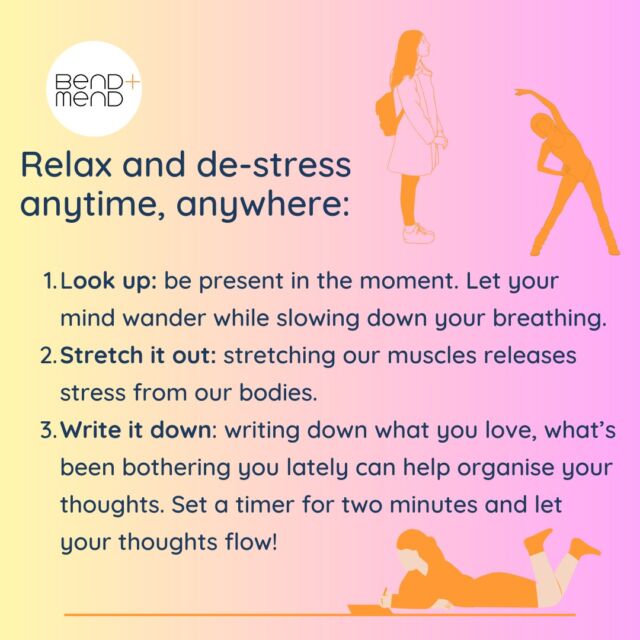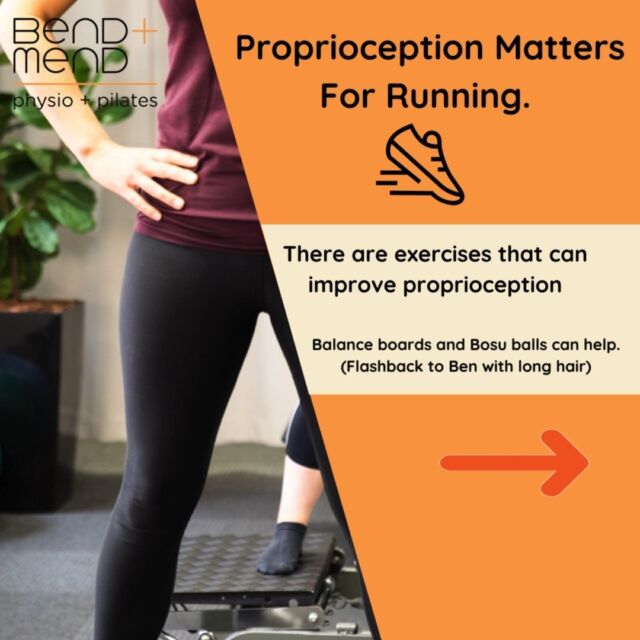Is there such a thing as an optimal time of day to exercise?
Are you someone who has maintained the same exercise routine for many years and swear by it, or are you more likely to try and fit exercise in around everything else? Some people love to wake up for a 5am beach run, whilst others couldn’t bear the thought of rising before it’s absolutely necessary to get ready for work and would prefer to train in the evening.
So when will you get the most benefit out of your exercise?
There is very little evidence to support one time of day over another (training frequently is the key!), however if you have the ability to choose whether to train in the morning, lunch time, or in the evening, here are some things to consider…
EARLY EXERCISERS
The GOOD
- You are more likely to stick to your routine as work and other things are less likely to get in the way.
- You are more likely to lose fat as throughout the night your carbohydrate / sugar supplies will be used, so as long as you avoid eating sugar before exercising, you will be running on fat supplies.
- DON’T exercise on an empty stomach – make sure to have a small healthy snack beforehand.
- Evidence suggests exercising in the morning will help you to sleep deeper and longer (up to 75% more time spent in deep sleep when exercising in the morning compared to in the evening).
The BAD
- If you don’t eat before you exercise and run out of energy, your body may start burning muscle tissue.
- Your body temperature is at it’s lowest when you wake up which means you will have less blood flow and therefore, less energy.
- You may be more likely to sustain an injury as your muscles and joints are colder and stiffer in the morning – a proper warm up is a must!
LUNCH TIME EXERCISERS
The GOOD
- You are generally awake and alert, providing a great foundation to get the most out of your exercise.
- You are likely to avoid afternoon tiredness, stress and improve cognitive performance by boosting blood flow to the brain and releasing endorphins.
- If you are someone who sits all day at work, engaging in physical activity at lunch time will break up your sitting time and reduce the likelihood of sitting related spinal pain.
The BAD
- You are more likely to skip an exercise session or cut it short as work gets in the way.
NIGHT OWLS
The GOOD
- Peak performance. You are more likely to have a higher power output when exercising later in the day.
- Hormones for resistance training are optimal in the evening.
- Stress relief after a busy day at work.
The BAD
- Working out before bed raises your body temperature and can disturb your sleep – as long as you finish exercising 2-3 hours before sleep, you should be fine.
So does it really matter when I choose to exercise?
The short answer is no. So long as you find a time that suits you and you are committed (at least three times a week being optimal), the benefits will be similar irrespective of the time of day.
If you have more questions on exercising and its effect on your body book in to see your Bend + Mend Physio in Sydney’s CBD.







